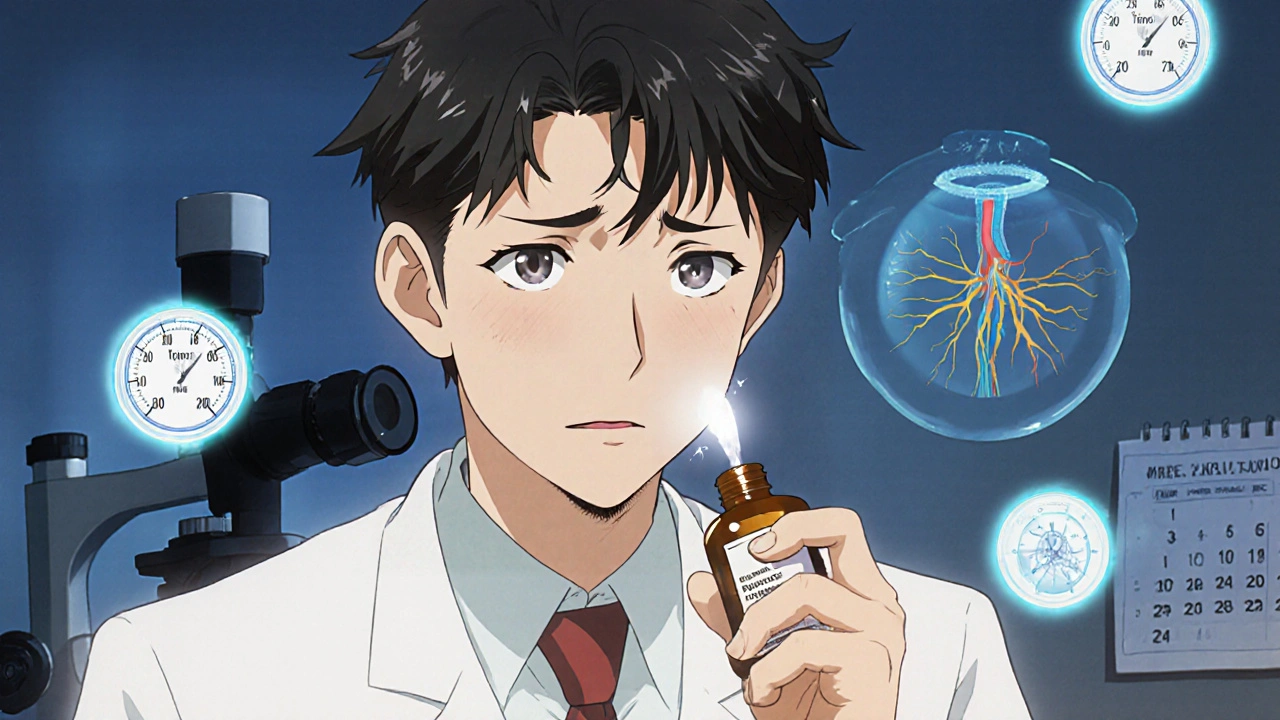Eye Inflammation – What It Is, Why It Happens, and How to Calm It
If your eyes feel gritty, look red, or start watering for no clear reason, you’re probably dealing with some kind of eye inflammation. It’s a catch‑all term that covers anything from mild irritation to more serious infections. The good news? Most cases are easy to recognize and can be treated at home or with a quick doctor visit.
Common Causes of Eye Inflammation
Everyday stuff can trigger inflammation. Allergies to pollen, pet dander, or cosmetics often cause itchy, watery eyes. Bacterial or viral infections—think pink eye (conjunctivitis)—lead to thick discharge and crusty lids. Even a tiny scratch from contact lenses or dust can set off redness and swelling. Less common but worth noting are conditions like uveitis, where the inner layers of the eye get inflamed and can affect vision.
How to Relieve Symptoms at Home
Start with clean hands. Rinse your eyes gently with sterile saline or cool boiled water to flush out irritants. A cold compress—just a clean washcloth chilled in the fridge—helps shrink blood vessels and eases burning. Over‑the‑counter artificial tears add moisture without the sting of eye drops that contain preservatives.
If allergies are the culprit, an antihistamine pill or eye drop can calm the reaction fast. Avoid rubbing your eyes; it spreads germs and worsens swelling. Make sure to remove makeup before bedtime and replace old contact lenses to keep bacteria at bay.
When you should see a professional: sudden vision changes, intense pain, light sensitivity that won’t quit, or discharge that’s yellow or green. Those signs could point to something more serious like keratitis or uveitis, which need prescription medication.
Our site also hosts articles on related meds—like how to buy azithromycin safely online if you need an antibiotic, or the best ways to spot legit online pharmacies for eye‑related prescriptions. Browse those guides for deeper insight.
Prevention is simple: wash hands before touching eyes, use clean towels, keep contact lenses disinfected, and wear sunglasses on windy days. If you work with chemicals or dusty environments, safety goggles are a must.
Remember, eye inflammation isn’t usually something to panic over, but catching it early speeds up recovery. Follow these steps, keep an eye on any worsening signs, and you’ll protect your vision without hassle.
